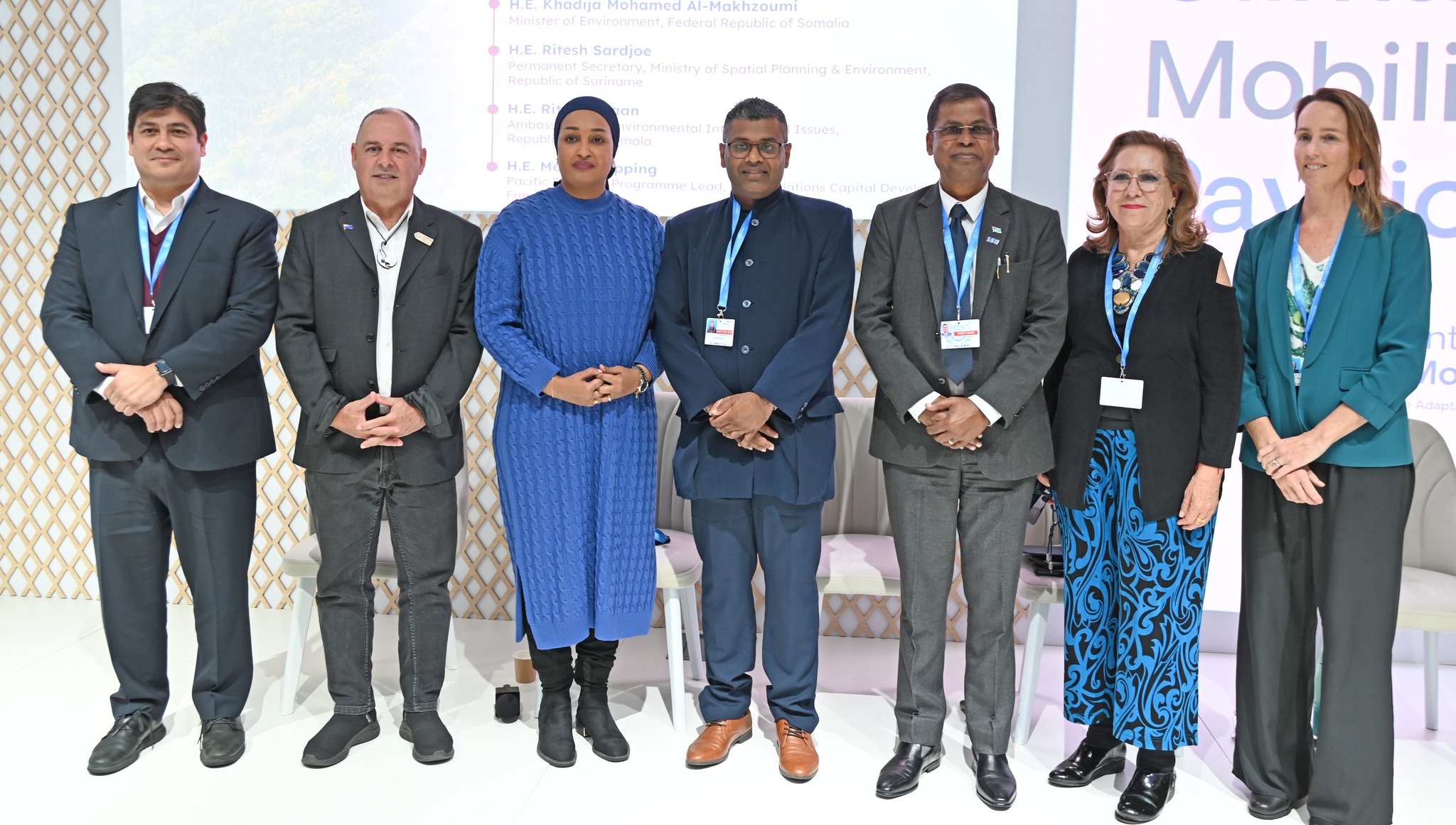There is a misrepresentation in the way the public perceives what governments, particularly those from developing countries, achieve during COP meetings and conferences.
One of the core misunderstandings, says permanent secretary for Environment and Climate Dr Sivendra Michael, lies in the depiction of the funding that supports these delegations.
While speaking at a panel discussion organised by the Pacific Polytech Institute on ‘Are COPS delivering?’, Dr Michael said the public was often led to believe that the money spent on these delegations was a form of climate finance that came exclusively from developed nations to assist developing nations.
This, he said, was far from the whole truth.
“The way in which funding is described, that this is climate finance funding for our delegations to go, is incorrect,” Dr Michael said.
“Some of the inaccuracies, in reflection, I think it is really important because this is a depiction of what goes around in the media.
“One, and I’ll say it wholeheartedly, COPs are a process. It’s a multilateral process.
“The outcomes take time to be nationalised, domesticated, and so forth.
“So when we are going to COPs, it’s not that we are not achieving anything.”
He said the funding the government got from COP came from a mix of channels, including philanthropic organisations, non-governmental organizations (NGOs), and intergovernmental bodies.
For instance, he mentions the support from “Oceans 5,” a philanthropic organisation, and “WCS,” an NGO, both of which provide vital financial backing to the work of Pacific nations at COP.
“The funding that we’re getting from our intergovernmental organisations such as SPREPS and SPC, they are trying to champion the work domestically.”
He said discussions around this should dispel these common misconceptions, adding that all the funds allocated for these COP delegations came from developed countries with the sole aim of helping developing countries adapt to climate change.



